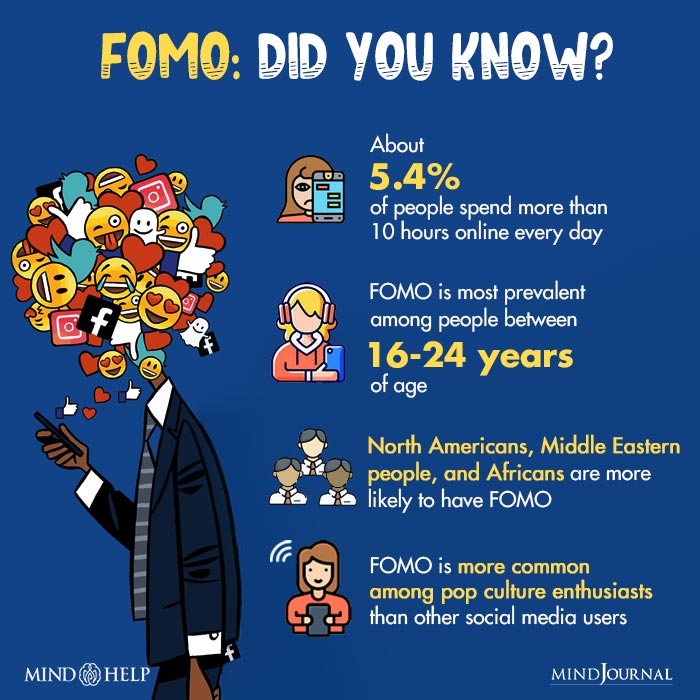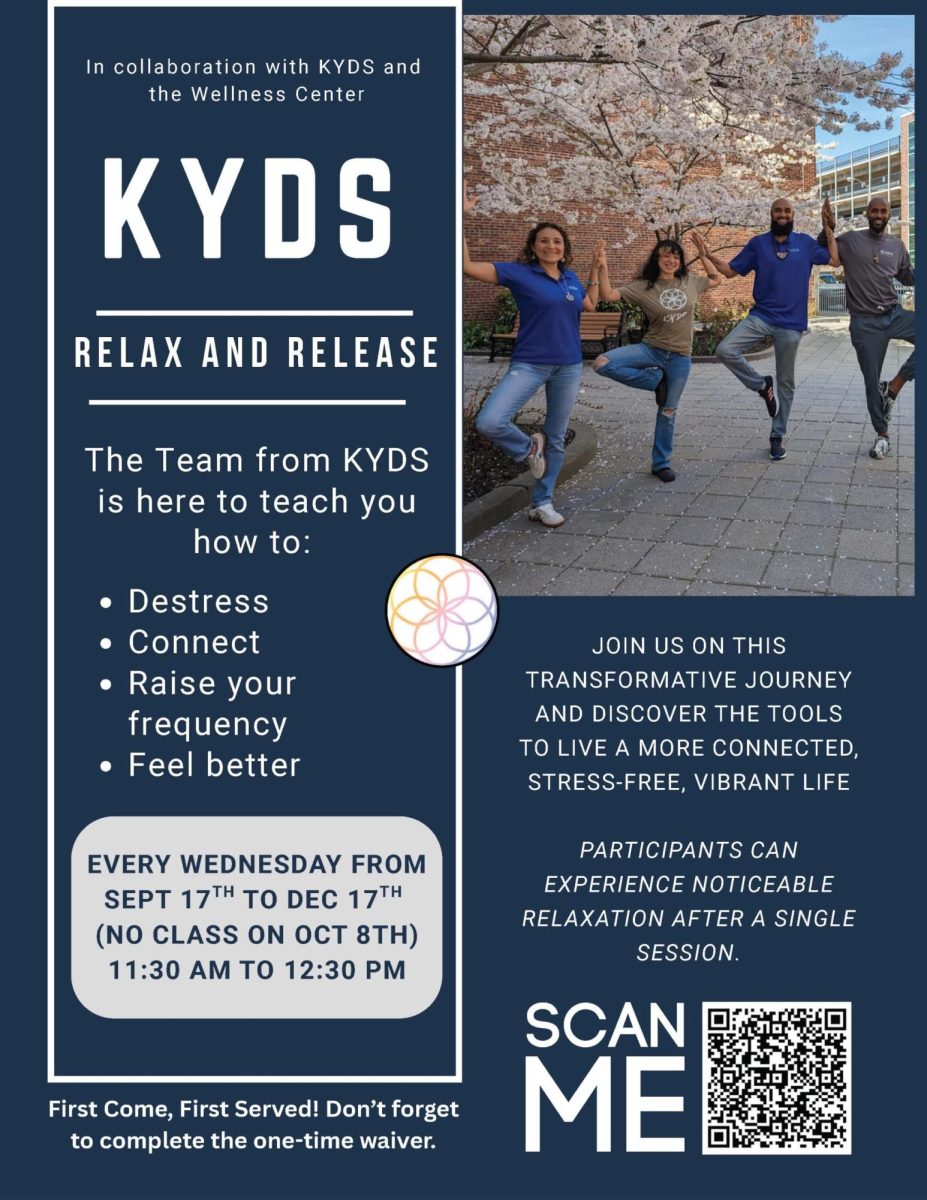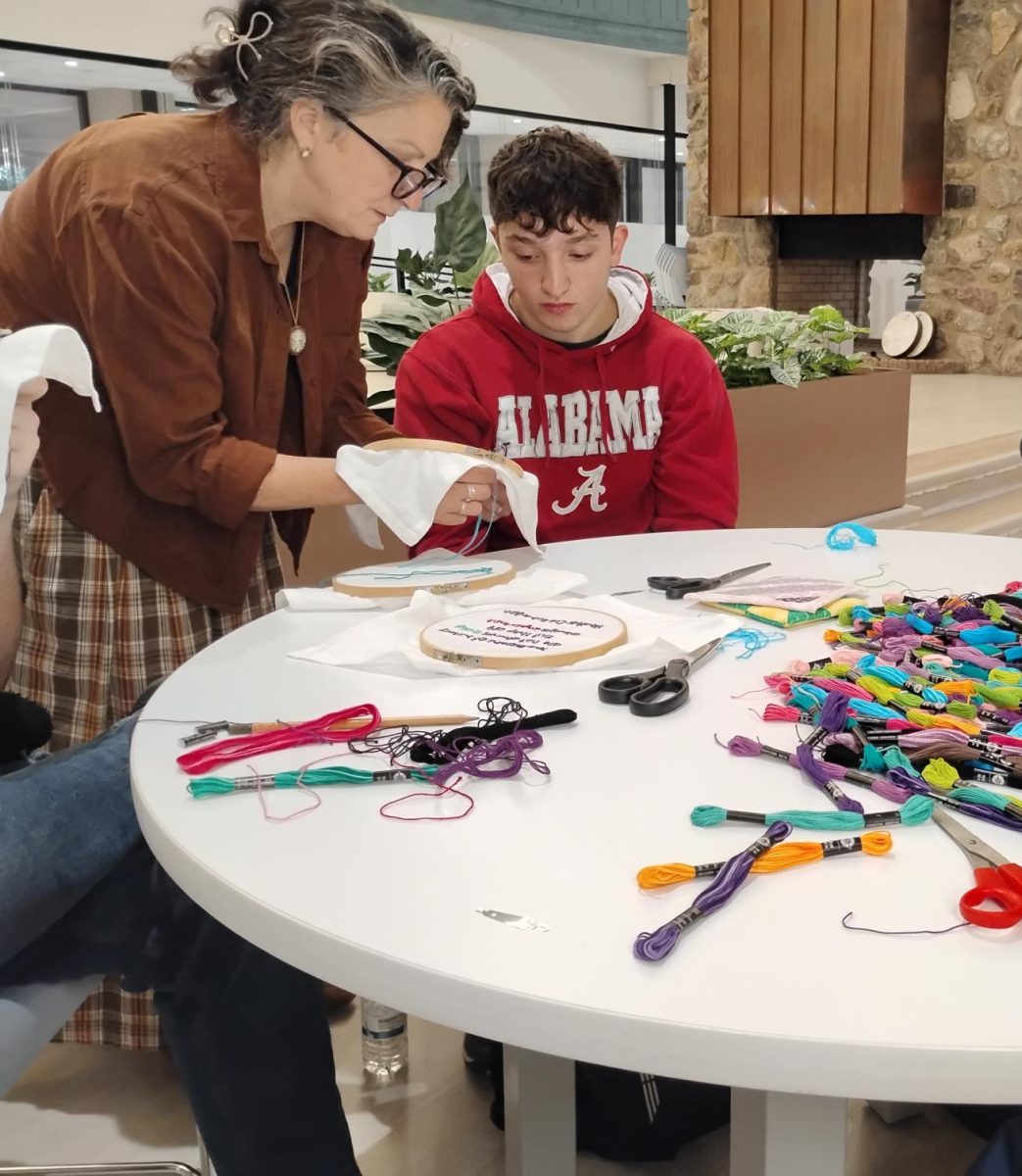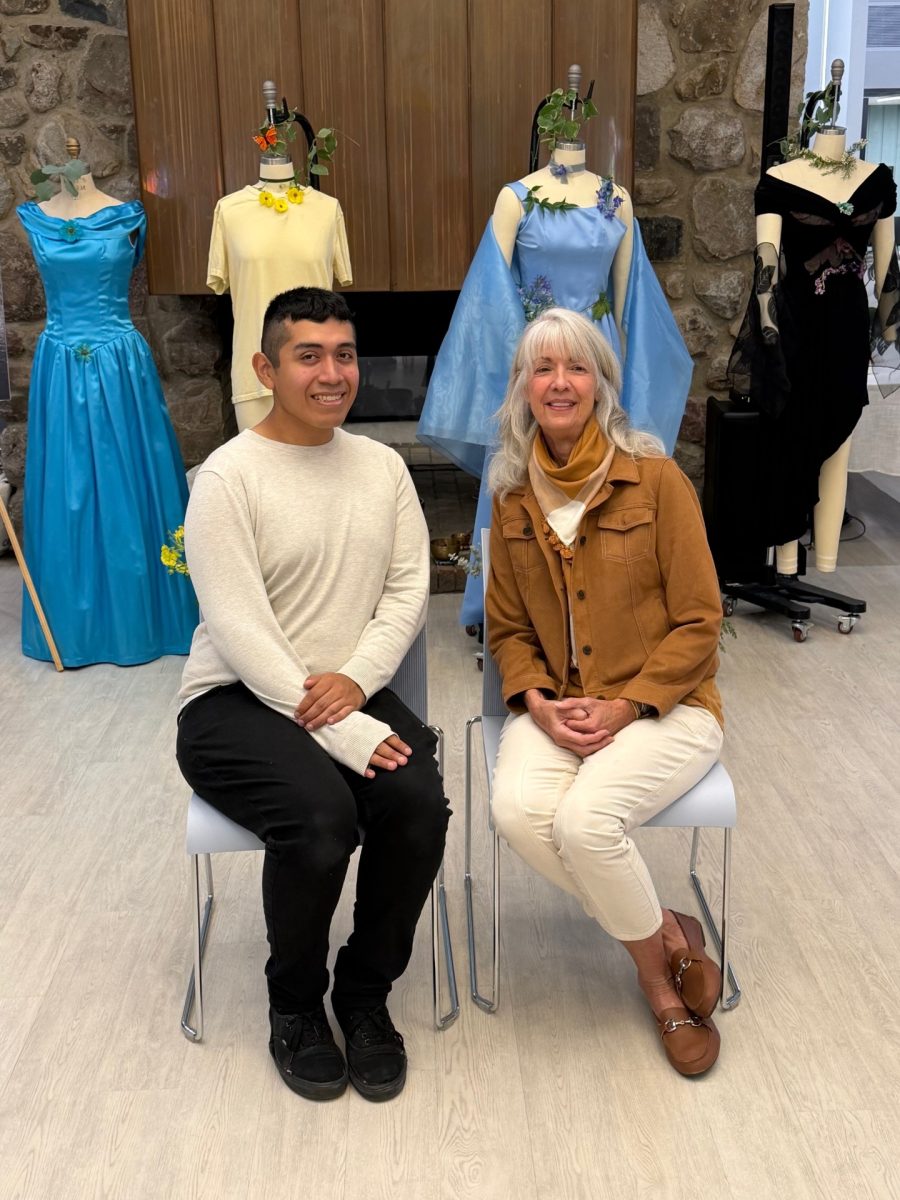Japan is a beautiful country that has drawn in people from all over the world. While the United States is a relatively newer country than most, Japan has been around for a very long time. Therefore, the Japanese have had more time to develop their cultural habits. Whether you’re planning a trip to Japan, to study abroad there, or to one day work there, you should be prepared for how different the culture is.
I studied abroad in Nagasaki, Japan, early last year. Many of the other students in my program who were also foreign to Japan, had gone through a culture shock period. I did not. That is because I had prepared myself by learning everything I could about their culture and how things worked differently there. I spent days watching YouTube videos on the “do’s and don’ts” of Japan. Instead of getting culture shock, I actually felt more at home there.
Many things were different in Japan. The most prominent thing to me is that it is an extremely polite society. The Japanese people are always willing and eager to help if needed. On my second day there, I went to the store to get something for my headache, but I couldn’t find anything. I finally said to a stranger “sumimasen,” which means excuse me, and explained as best as I could that I desperately needed help finding something. He went out of his way to bring me to a pharmacy down the street.
Japan is a very efficient place. Their public transportation system is superior in almost every way. The buses were always on time, down to the minute, they were very clean, and there was a societal understanding that you would give your seat to someone who needed it more, such as the elderly, pregnant women, and children. People also wear a special tag indicating that they are disabled. The train systems were fast and just as reliable as the buses.
Japan is also very strict with garbage. There are no garbage cans on the streets besides recycling bins near some vending machines for empty bottles. Because of this, the wind will not blow garbage out and animals will not make a mess with the garbage. They also have an extremely strict garbage system set in place. All garbage does not go in the same place. It is separated by recycling, plastics, metals, foods, etc. All of this results in a much cleaner country than the United States.
I am not the only one to notice these cultural differences and societal advancements. I reached out to Gabriela Hernandez-Ramirez, a 19-year-old culinary major, via email. She spent three months doing an internship on Sato Island, Japan last summer. While there, she noticed many cultural differences, such as mannerisms and even how a crowd of people seemed to walk differently. “The one that surprised me the most was not being able to get ‘to-go boxes.’ I was so accustomed to being able to ask for a container for my leftovers, but in Japan, it isn’t a custom, and it’s very out of place to ask for one.” I noticed this one as well.
She shares that she struggled with some “don’ts” in Japanese society. “As a female myself, there was a lot more you shouldn’t say…” Hernandez-Ramirez said, “There are, of course, different social norms I prefer more in America than Japan. But Japan has a lot of social norms I believe America should adopt, too.”
In contrast, Japanese professor, Matthew Barros, prefers Japan’s differences for the most part. He lived in Japan for four years, where he worked as an English teacher. He had also spent some time there as a student, studying abroad. During his time there, he said he noticed too many cultural differences to list. His favorite difference is the concept of honne and tatemae. Honne meaning “One’s true self,” which refers to who someone really is, and how they really think and feel. And tatemae being the version of yourself that you show others.
“People generally present themselves as polite and helpful, and try to avoid conflict and arguing,” Barros said. “You will rarely go into a store and find an employee in a bad mood or a customer acting rude to the staff. It’s not that everyone is just that nice and happy, it’s the result of tatemae. Thanks to this, Japanese society is generally very peaceful and polite.”
On the other hand, because of tatemae, it can be hard to tell if a Japanese person is being genuine with you, or not. “Tatemae can also create miscommunications, especially in the workplace,” Barros said. “Avoiding being too direct is a part of this concept, so something your boss wants you to change or fix immediately may be phrased as a casual suggestion. Japanese people usually understand these questions, but for non-Japanese people, these kinds of situations can be confusing.”
While there are many more examples, there is simply not enough time to list them all. So, even though there can be confusing and some negative cultural differences, there are many positive ones, as well. Is it still worth it to go? That is for you to decide.
Categories:
Brookdalians Discuss Cultural Differences They Found In Japan
Chloe Sullivan, Staff Writer
February 11, 2024
0
More to Discover



























